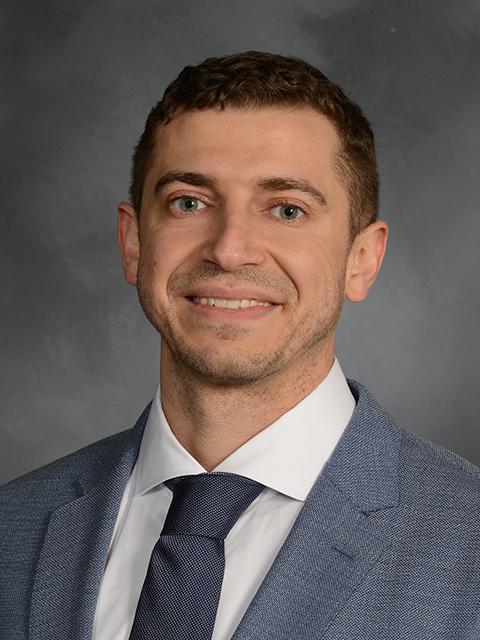
Takeaways from a recent TV interview on back pain
More than 80 percent of the population suffers from neck or back pain at some point, but only a small proportion of those individuals are surgical patients. Many back problems can be resolved with physical therapy, pain management, and other nonsurgical interventions. The best defense against back pain, though, is prevention.
There are many physical factors that can contribute to back and neck pain, but three stand out – I encourage everyone to pay attention to these now, before back pain starts.
Our modern lifestyle affects both posture and core strength. Ergonomics in schools and in the workplace are often not ideal, and they are one of the likely culprits behind the prevalence of neck and back pain in both adults and children.
On top of the physical considerations, psychological conditions and pain are intertwined. It is a vicious cycle: Psychological conditions can produce pain, and living with pain can cause or exacerbate psychological conditions. This highlights the importance of having a patient be seen by a multidisciplinary pain clinic, where pain psychologists are involved to help with this process.
What to Do
Dr. Kashlan was recently interviewed on MBC TV in Saudi Arabia about this topic, and the tips here are at the heart of the discussion. The conversation is conducted in Arabic; you can watch the interview here or below.